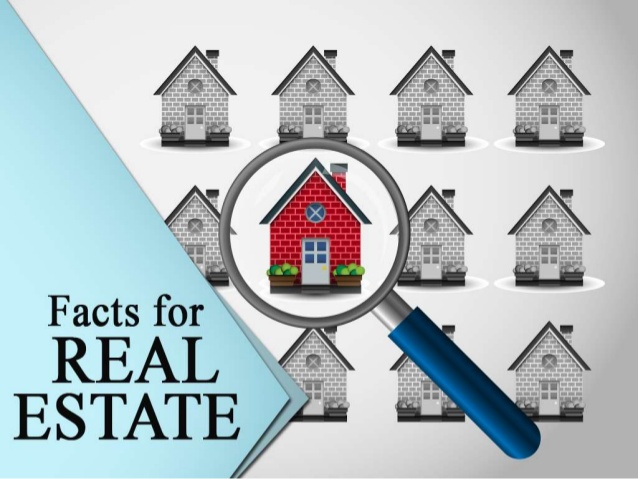Real estate is a property that includes land and any others resources that are attached to it. The resources may be natural such as plants minerals and animals or manmade like buildings. Real estate can be divided into two main categories these are Residential and commercial. A residential property is mainly allocated for non-business purposes. These are primarily homes where single or multiple families can reside in. Agents mainly target buyers for such properties. On the other hand commercial, real estate entails about properties used for business purposes and profit making. It can be subdivided into two more categories which are industrial and retail. For industrial all the properties are used for either production manufacturing warehousing or distribution while the retail real estate is primarily used as a tool for attracting investors since it includes shops malls and parks.
The real estate market is a lucrative sector for many investors. The market trends are affected by a number of factors these are; the economy, interest rates, a recorded data of an area and policies since it’s usually based on some kind of data such as population race gender or even income which in turn affects the pricing of the estates. Using this, the investors can narrow down the places to venture before a certain trend can emerge. Mortgages are often bought when the interest rates have fallen and so this can cause a major impact on the real estate market. Since it attracts most buyers and property value increases drastically and when the rates increase the demand for properties usually falls.
The general economy also affects the estimated value of a market. This is generally affected by employment rates, production and also the cost of important products. Since some of these can affect a number of businesses knowing more about the economic trends and cycles can be helpful, Policies such as tax and deductions also play a crucial role in the real estate market. These increase the demands of properties especially when it’s regulated by the government. Demands and supply play a high role here since some special incentives are available.
When considering buying this can be difficult since the values can be overestimated plus many other risks may emerge. The demand may be high or low depending on various factors but then, on the other hand, it’s better owing the property rather than renting since when the prices in the markets fluctuate the rents are greatly affected. Other benefits can be achieved when the property is owned these are an increment in taxes and the appreciation value of the property over a longer period of time. Consider the potential risks which might occur when buying a property this includes a compromised cash hand out since maintenance can be too high, a place losing its estimated value with time and also there can be difficulties when trying to sell such properties in the future. But the final decision is determined by the economy so by exploring the property can unveil any underlying problem which can be solved early and experts offer pieces of advice by making a good analysis of an economy.
–EZINEARTICLES

